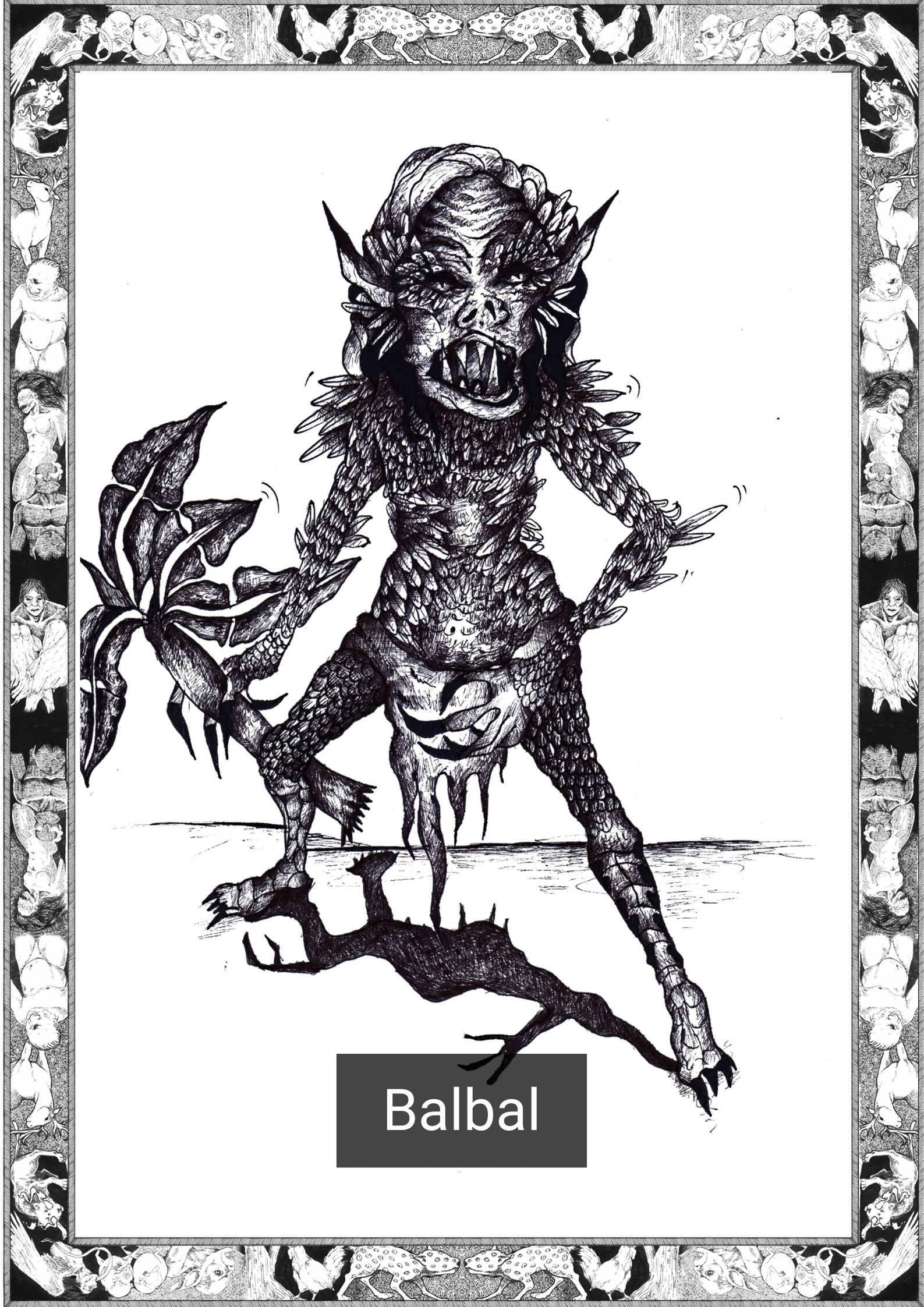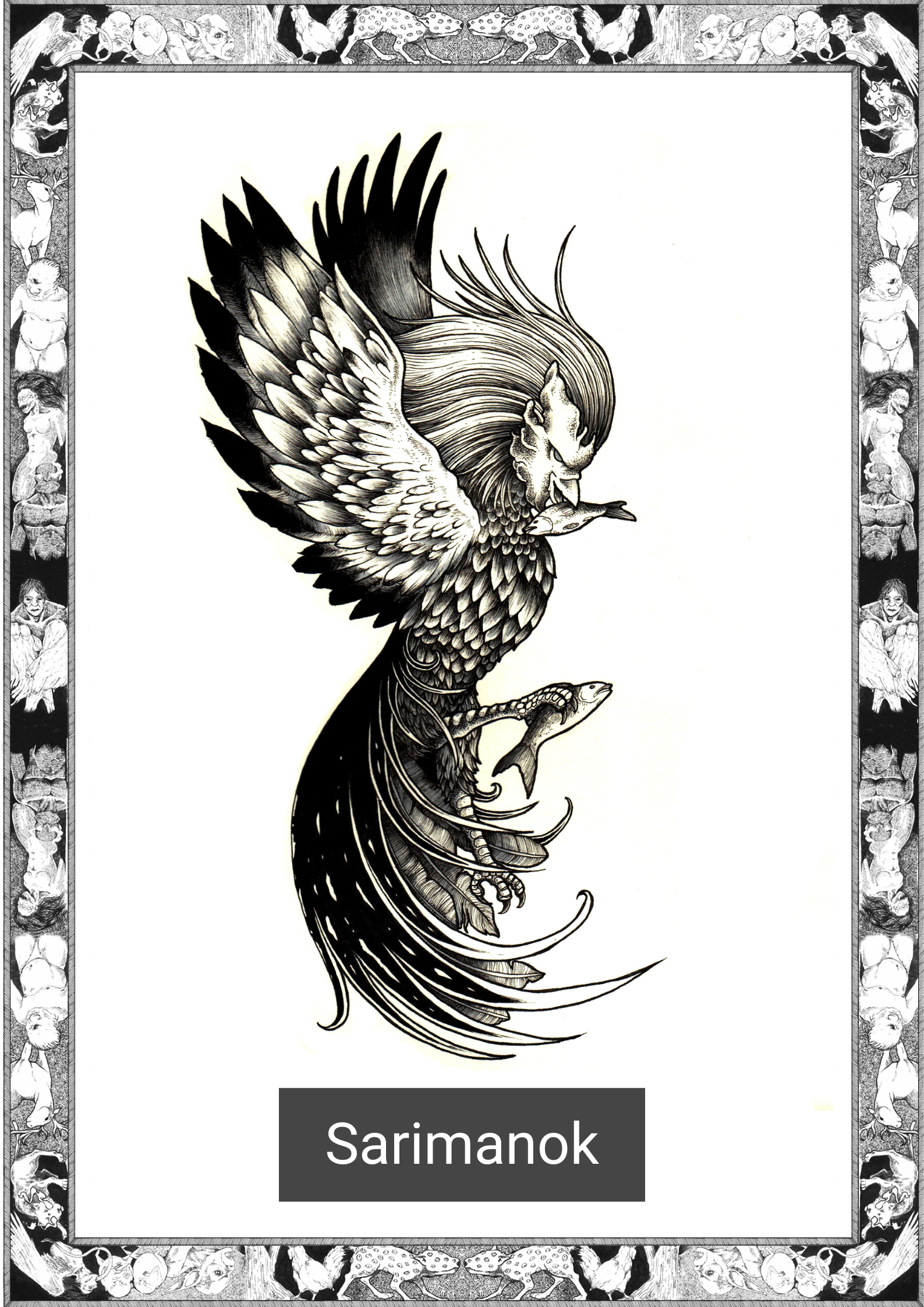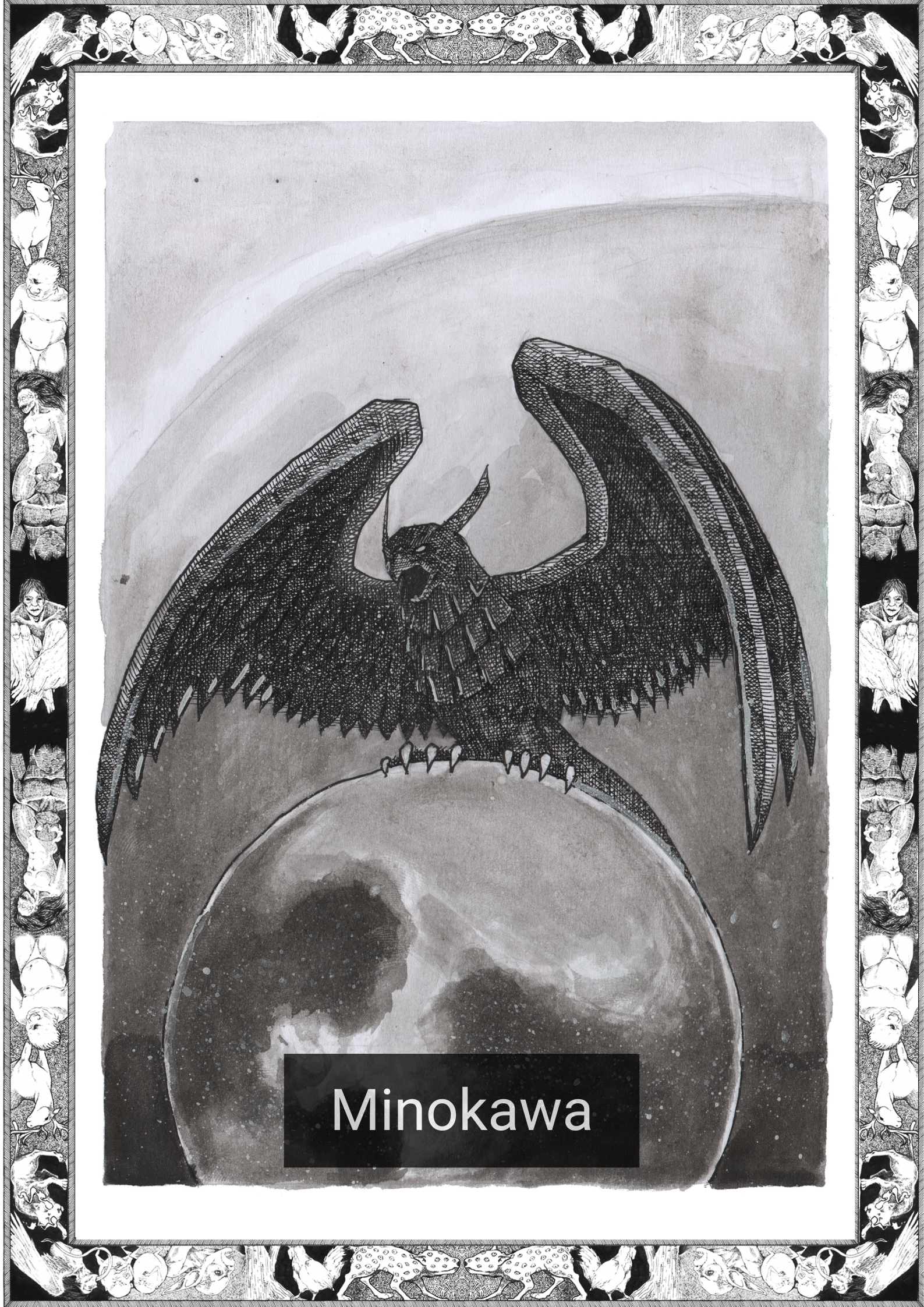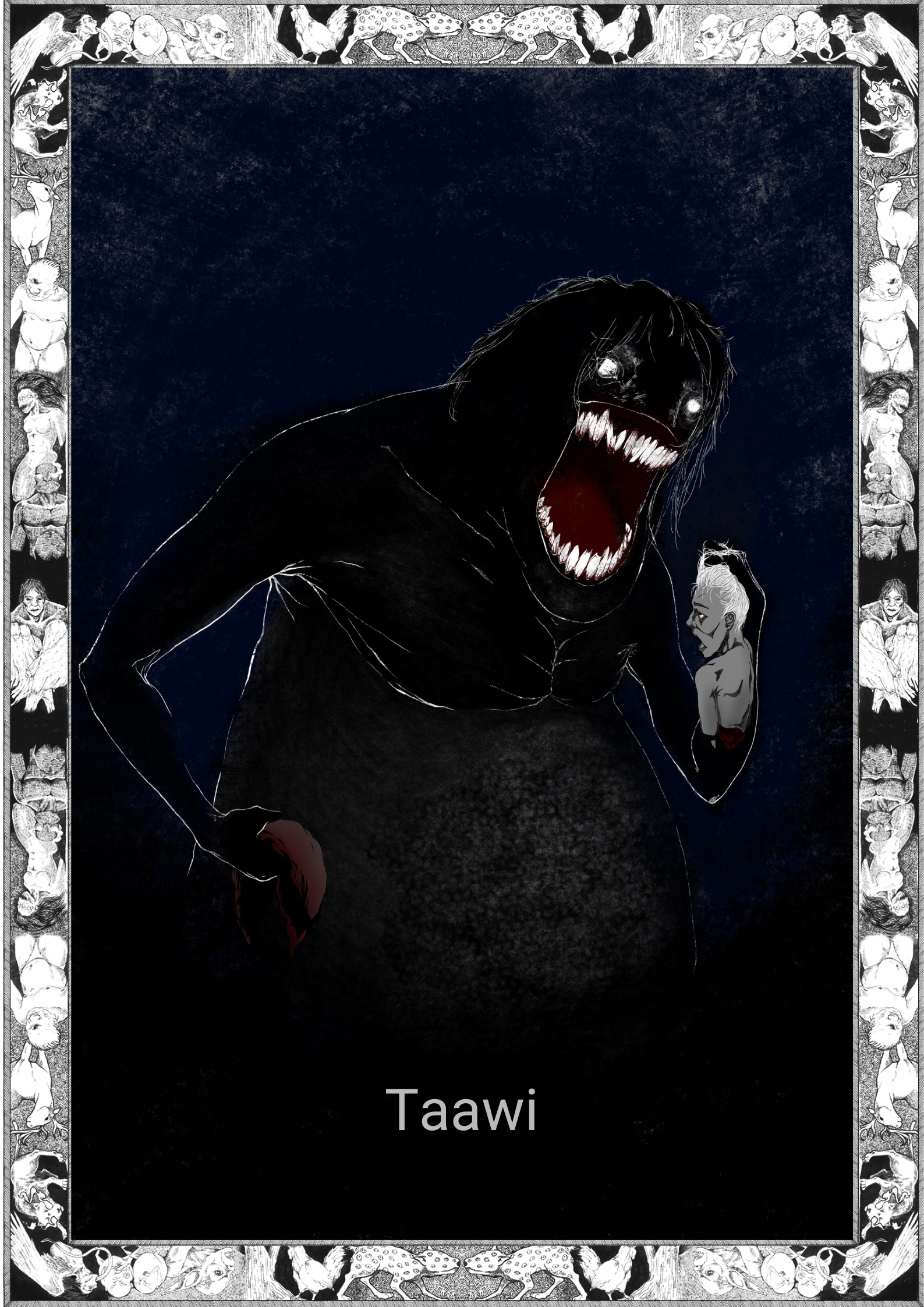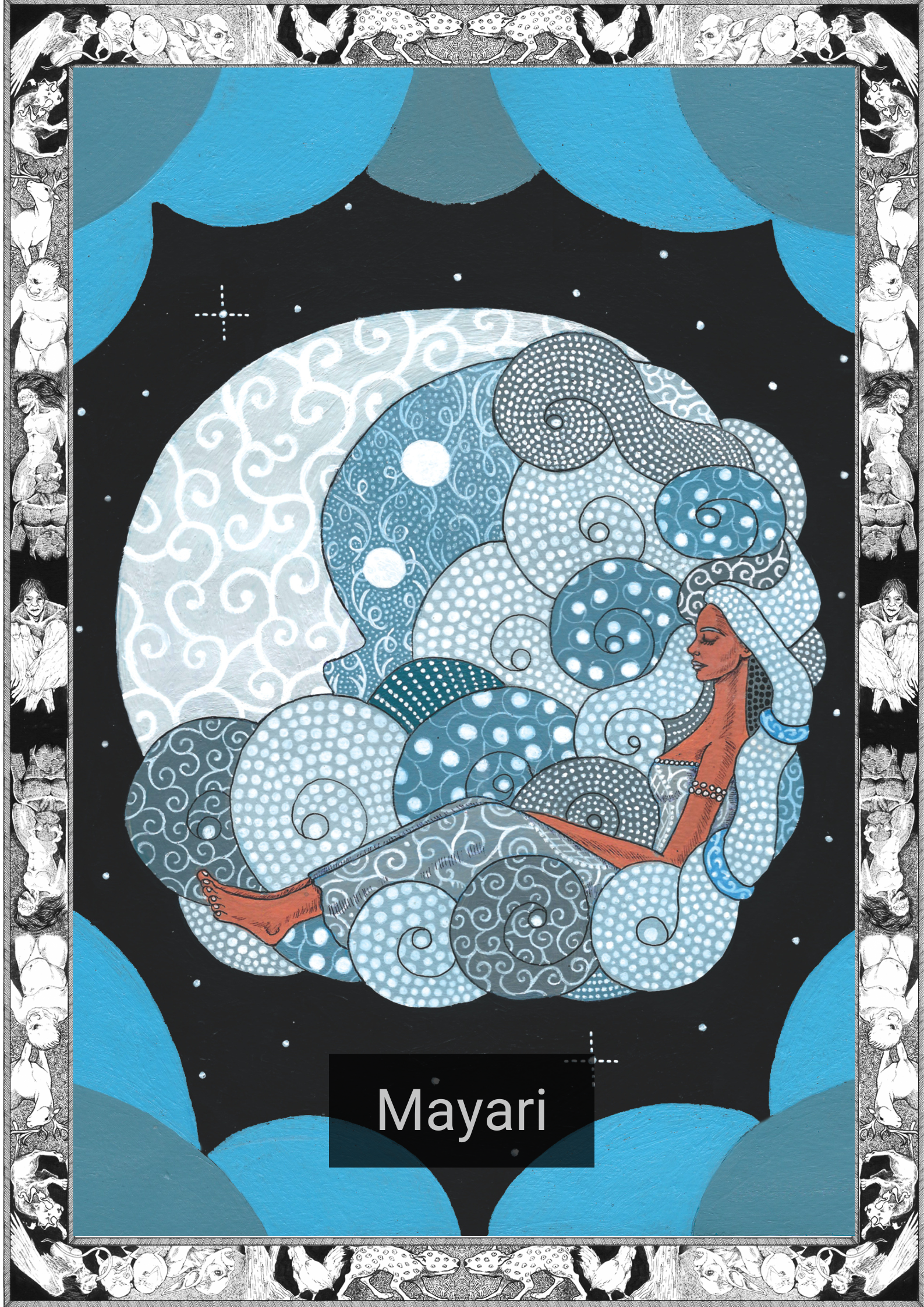
*Note this story is in Cebuano
Di man unta dapat ing ani.
Pirti nakong amping. Abi nako akong natabunan og maayo akong sekreto. Basta naay pista, mo ikyas ko sa amoang balay ug sa sunod adlaw, mo ngisi ko sa akong mga ginikanan nga murag wala’y nahitabo ug mo biya para mo skuyla. Usahay mangutana sila nganong kapoy daw kaayo akong itsura pero ako ra silang ingnan nga tungod sa akong daghan nga tun-anan. “Daghan ko ug mga test,” akong ingon sa ilaha, ug ila ra sad tuohan.
Hangtod sa niaging semana, ni bisita akong maestra. Iya gi ingnan akong mga ginikanan nga padong nako mahagbong sa akong mga klase. Ana siya nabalaka siya sa akoa.
Gusto ra siya manghilabot. Kung di unta niya, kauban na unta nako akong mga higala sa pista. Pila ka buwan ang ni agi para magkausa ang wirwir ug kagkag, ug di to mahitabo kung wala ko.
Natanggong ko sa akong kwarto, gi kasab-an sa akong Mama. Abi niya naa ko’y uyab. Gi ingnan ko niya nga wala’y bili nga mag uyab-uyab karon ug dako kaayo ko og potensyal. “Naay mga tao nga mo ingon nalang og bisag unsa para makuha ilang gusto.” “Wa ka namo gipa dako nga ing ani.” “Nganong mangilad man ka namo?”
Iyang kasaba taas kaayo pero akong gi tubag sa unsa iyang gusto madunggan. Di nako mangilad, masaligan ko nila. Nag hilak kong ni tan-aw sa akong Mama ug ni saad nga di na ko makig kita sa lalaki nga uyab kuno nako.
Ug ni tuman man sad ko sa akong saad.
Dugay ko wala nakig kita sa akong mga higala. Akong gi hulat hangtod sa ni takdol ang bulan para maka ikyas ko sa amoa. Gi kapoy nako sa mga pekeng ngisi sa mga babayi sa akong iskuylahan. Sige sila og sakay sa unsa ilang nahibaw-an nga normal, dili sila makabati sa unsa ka nindot ang mo ikyas sa mga di kasagarang mahitabo, sa unsa ka nindot mo dawat sa kaugalingong mga pangandoy nga gi bawal kay dili man himoonon ug tawo.
Gi mingaw ko nila. Gi mingaw ko sa tingog sa bukog kung sopsupon nako sila. Gi mingaw ko sa baho sa uga nga dugo sa akong mga ngabil. Gi mingaw ko sa tambol ug tingog sa kamatayon.
Naglakaw nako papunta sa sementeryo. Nindot sa paminaw ang kahayag sa bulan sa akong panit. Mabatian nako ang mga pagkurog sa mga tambol sa akong dughan.
Nagsugod na.
Niay aksidente sa niaging mga adlaw ug namatay si Emilio Canoy. Gi lubong dayun siya sa usa ka sirado nga lungon bisag wala pa gi embalsamar. Dili ko makatabang maghuna-huna sa mga malami nga nagpaabot sulod sa lungon.
Ni abot ko sa iyang lubnganan ug na kuratan ko.
Kauban sa mga wirwir ug kagkag ang usa ka ebwa. Mas dako ni sa akong nakit-an sauna ug nalipay ko, usa na pud ka higala.
Akong ubang higala gi kaon na ang lawas ni Emilio, nagsugod na sila bisag wala pa ko. Ang mga parte sa lawas ni Emilio naa na sa ilang mga baba ug nagsugod ko og laway. Pero akong gi ingnan akong kaugalingon nga naa pa’y oras unya. Karon, akong atimanon ang bag-ong higala nako.
Ang mga ebwa hadlukan, dali mahadlok sa gamay nga suga, pero kaming tanan tigpangkaykay. Akong gi hatagan ang ebwa ug piraso sa atay ni Emilio.
Mura ug premyo ang tan-aw sa atay, ihatag lang ni sa mga gipasidunggang mangangayam. Nahuna-hunaan nako ang gi ingon sa akong maestra. “Ang atay lugar sa atong mga emosyon. Ang mga bugtong nga ‘pighati,’ ‘luwalhati,’ ‘dalamhati,’ gikan sa orihinal nga bugtong para sa atay, ‘hati.’”
Ni hunong sa pag-atras ang ebwa ug gi kuha ang atay ug ni kaon. Ni duol ko niya ug gi hikap ang iyang ulo. Nabatian nako ang koneksyon sa among duha, usa ka babayi ug usa ka mangtas, nalingaw sa pagkaon og tao. Ni paspas og pitik ang akong dughan.
Ni tan-aw ko balik sa lawas ni Emilio ug naghulat sa akong turno. Daghan pang nabilin. Ni ginhawa ko sa baho sa kamatayon ug pamati nako mas buhi pa ko karong orasa kesa sa ubang higayon sa akong kinabuhi.
Pero gi guba niya tanan.
Usa ka gutlo nag pista ra mi sa akong mga higala, sunod na dayun naa na akong maestra ug mga tawo gikan sa lungsod, padong namo, mga armas sa ilang mga kamot.
Ni shagit ko sa akong mga higala pero ulahi na. Gi putol sa mga bolo ug gi lungagan sa mga bala sa pusil ang mga wirwir ug kagkag.
Ni dalagan ko kauban sa mga mangtas nga naka ikyas. Kabalo nako karon nga akong lugar dili kauban ang mga tawo. Nadaplisan ko og bala sa akong kilid pero gi aswat ko sa usa ka ebwa. Pipila ka oras ang nilabay hangtod sa nakapangita mi og lugar nga mataguan.
Daghang dugo ang ni tulo gikan sa akong samad. Laom ang pasok sa bala ug wala ko kabalo kung makaya pa nako. Wala ni hawa ang ebwa sa akong kilid pero nakatutok na siya sa akong samad ug sa dugong nilagak. Akong gi tilawan ang akong dugo. Wala pa ko kasulay og preskong dugo ug akong nabatyagan nga walay makakompara kalami niini
Ni tudlo ko sa ebwa ug sa mga nabiling wirwir ug kagkag ug ni ngisi.
Kabalo ko akong kamatyanon dili masayang.
Magpadayon na ang pista.
=———————————————————————————=
English Version
The Diary of a Teenage Cannibal Part 3
It wasn’t supposed to be like this.
I was so careful. I thought I covered my tracks completely. The nights when there would be a fiesta I would sneak out of my room and the next day I would smile at my parents as I got ready for school. Sometimes they would ask me why I looked so tired, but I blamed it on my studies. “There were too many tests that I had to deal with,” I would say, and my parents would believe me.
That is, until last week when my teacher paid us a visit. She told my parents that I was failing all my classes. She said she was worried about me.
She just wanted to meddle. If it wasn’t for her I would be enjoying the feast with my friends. It took me months to get the wirwir and the kagkag to trust each other and I don’t know if old rivalries would flare up if I wasn’t there.
I’m trapped in my room, being given a lecture by my mother. She thinks that I’m secretly seeing some boy. She tells me that he isn’t worth it and that I have so much potential. “There are people that will say anything to get what they want.” “We didn’t raise you to be like this.” “Why would you lie to us?”
The sermon goes on and on and I can barely keep my eyes from rolling to the back of my head. I tell my mother what she wants to hear. That’ll I’ll be honest from now on, that they can trust me. I look at my mother with tears in my eyes and promise that I’ll never see that boy again.
And technically I did keep my promise.
I had to wait until the next full moon to meet my friends. Hours of fake smiles and pretending I was like all the other girls took its toll on me. They dance to the putrid rhythm of their normal lives, they’ll never know how good it feels to escape from the pretension of normalcy, to fully embrace your primal urges and kiss the taboo.
I miss them. I miss the sound that bone makes as I bite into it to suck out the marrow. I miss the smell of dried blood on my lips. I miss the drumbeats and the sound of death.
I travel to the graveyard to see them. The moonlight feels perfect on my skin. I can feel the vibrations of the drumbeats race through the ground to find my heart.
It has begun.
There was a car accident a few days ago and Emilio Canoy didn’t make it. They had a closed casket ceremony and buried him right away, not even embalming him. I couldn’t help but think of the treasure that lay within.
I go to his grave and am surprised.
An ebwa fends of the wirwir and the kagkag. It’s bigger than any I’ve ever seen before and I’m overjoyed, another new friend to add to the collective.
My friends have already exhumed most of the body and I see that they had already started without me. Pieces of Emilio were suspended in their mouths and my mouth starts to water. There will be time for that later, I tell myself, for now I have to welcome our new friend.
The ebwa are cowardly by nature, kept at bay by even the smallest light, but we are all scavengers. I take a piece of Emilio’s liver and I offer it to the beast.
It’s a prized part, only reserved for the most honored among the scavengers. I think back to what my teacher said. “The liver is the repository of our emotions. Words like ‘pighati’, ‘luwalhati’, ‘dalamhati’ all trace part of their origins to the old word for liver, ‘hati’.
It works, the ebwa ceases its retreat and feasts on the organ. I approach it and it lets me touch its head. I feel a connection between us, the girl and the monster, both enjoying the same taboo. It makes my heart race and my pulse quiver.
I look back to the body of Emilio and wait for my turn. There’s enough of him to go around. I breathe in the smell of death and feel more alive than I ever have.
But she just had to ruin everything.
One moment I’m enjoying the fiesta with my friends and another my teacher, along with a group of townspeople, rush towards us, weapons in hand.
I scream to let my friends know they are coming but it’s too late. One by one the wirwir and the kagkag fall to the bolos and guns of the townsfolk.
I run with them. I know now that my place isn’t among humans. A misplaced bullet hits my side, but the ebwa carries me to safety. It takes an eternity for us to find a cave where we can hide.
I’m losing a lot of blood. The shot hit deep and I don’t know if I’ll make it. The ebwa stays by my side, but I can notice it staring at my blood. I take a bit of the crimson liquid and taste it. I never had fresh blood before, and nothing can compare to the rich taste.
I gesture to the ebwa, as well as the few remaining wirwir and kagkag and I smile.
I know my death will not be in vain.
The fiesta will continue.
==————————————————————————————————–=
Continued from the Wirwir’s tale
Inspired by the Ebwa description in Creatures of Philippine Lower Mythology. Ramos. 1971.
Illustration by Julius Arboleda

